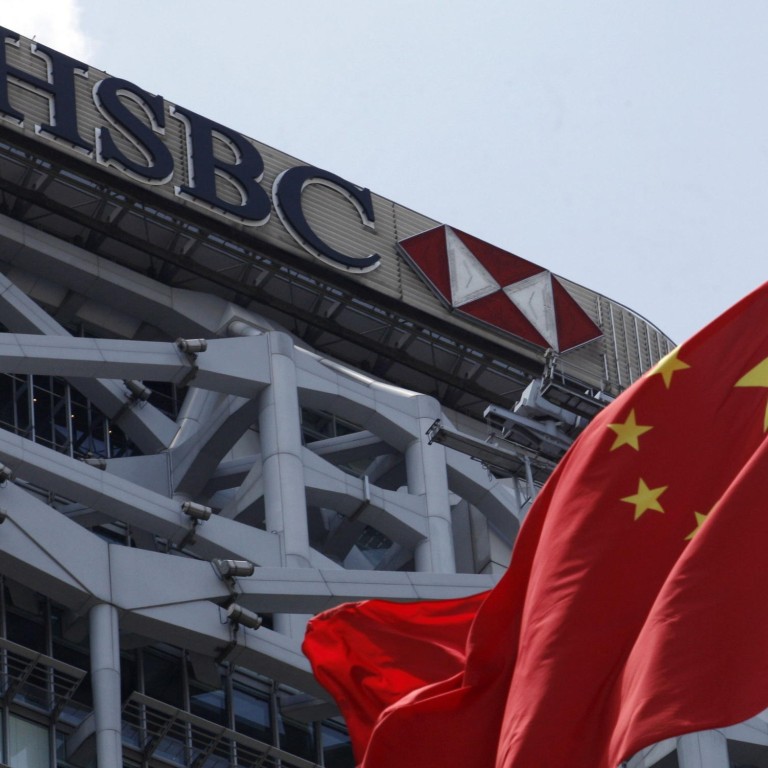
HSBC expects to increase dividend
HSBC Holdings says it will pay a higher dividend this year, allaying shareholders' concerns that its payout will remain flat because of capital needs under tougher regulatory requirements.
HSBC Holdings says it will pay a higher dividend this year, allaying shareholders' concerns that its payout will remain flat because of capital needs under tougher regulatory requirements.

HSBC has been a consistent dividend outperformer in the past few years. It has raised both the absolute amount of dividend as well as its payout ratio, or the percentage of earnings paid to shareholders, since at least 2011.
In 2011, the bank paid shareholders 43 per cent of its earnings per share, or 39 US cents. Last year, the payout ratio was raised to 57 per cent with 48 US cents - at the top end of its payout ratio guidance of 40 to 60 per cent.
However, some analysts are expecting a flattish dividend because of weaker revenue growth and potential capital needs.
Morgan Stanley said in an April 28 note that it expected the lender to pay 49 US cents per share this year and 47 US cents next, citing a slowdown in revenue growth in emerging markets.
HSBC generates more than half of its profits from emerging markets.
"I am aware of the Morgan Stanley report, but we do not see any particular significant change beyond our experience over the last four years," Gulliver said.
He described HSBC as "simpler, leaner" than it was in 2011, when he took the helm and set out on a restructuring strategy for the bank that included plans to shut down unprofitable businesses globally and cut thousands of jobs.
The bank reported a profit of US$6.79 billion for the first quarter, in line with market expectations, but it fell short in cost-income ratio.
The capital position of the bank "remains strong", Gulliver said.
"We made good progress in 2013. HSBC's promise to implement global standards, addressing regulatory changes and managing increasing capital disciplines are fully embedded and driving the repositioning of our business in a very positive way," chairman Douglas Flint said.
Gulliver was paid a total of £8.03 million (HK$104.6 million) last year, compared with £7.5 million in 2012, according to the bank's annual report.
The pay package would have been higher but for a decision by the bank's compensation committee to cut his annual bonus entitlement. He is already the highest-paid bank chief executive in Europe.
HSBC last week more than halved the bonus Flint can receive to £1 million, or two-thirds of his basic salary, in response to pressure from shareholders.

